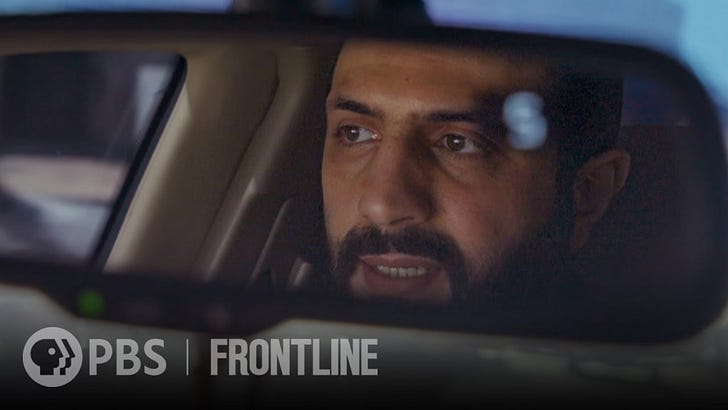HTS, the rebel group in Syria that has retaken Aleppo and now appears to be advancing on Hama (moving ever closer to the capital, Damascus), is widely described as an ‘Al-Qaeda affiliate’. The group’s full name is Hai’at Tahrir Al-Sham, which literally means ‘the entity for the liberation of the Levant’ and its prehistory includes the Nusra Front (Jabha…
Keep reading with a 7-day free trial
Subscribe to Not all doom to keep reading this post and get 7 days of free access to the full post archives.



